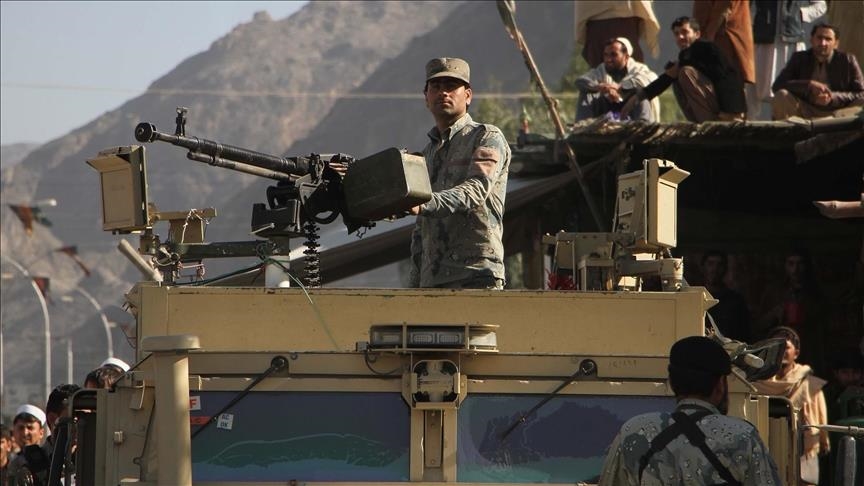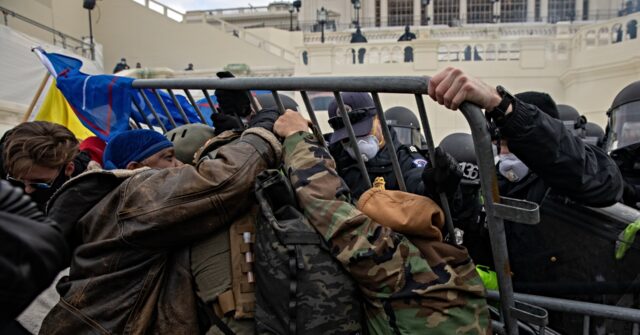Copyright weeklycuttingedge

Fragile peace: Why the Pak-Afghan ceasefire may not last Although Pakistan and Afghanistan have agreed to a ‘permanent’ ceasefire after bloody, days-long border clashes, the conflict between the two neighbours remains far from resolved. Unless the Afghan Taliban rulers end their support for Pakistani terrorist groups and stop questioning the finality and legitimacy of the international border, the prospect of renewed hostilities — even war — will persist. After days of attacks on each other, Pakistan and Afghanistan agreed on October 19 to an ‘immediate’ and ‘permanent’ cessation of hostilities during talks held in Qatar and brokered by Turkiye and Qatar. Both sides reportedly agreed to establish security mechanisms to ensure lasting stability. On this occasion, Pakistan’s Defence Minister Khawaja Asif stated that terrorist attacks from Afghan soil must stop immediately, while the Taliban’s chief spokesman Zabihullah Mujahid expressed Kabul’s commitment not to support groups targeting Pakistan. Reportedly, dozens of security personnel and militants were killed during the nearly week-long clashes that began on October 12. The United Nations Assistance Mission in Afghanistan (UNAMA) reported that by October 16, 37 civilians had been killed and 425 wounded in Afghanistan as a result of cross-border fire. Pakistan did not provide its civilian casualty figures, but according to military authorities, 23 troops lost their lives while defending the country from attacks by Taliban regime forces. The conflict was triggered after Islamabad demanded that Kabul rein in fighters carrying out attacks inside Pakistan, claiming they were operating from Afghan havens. The Taliban denied these accusations, blaming Pakistan for spreading misinformation, provoking border tensions, and sheltering militants to undermine Afghanistan’s sovereignty. Nevertheless, there has been a sharp rise in terrorist attacks by the Tehreek-e-Taliban Pakistan (TTP), referred to by officials as Fitnatul Khawarij. Most attacks by the TTP, operating from Afghan soil, have targeted Khyber Pakhtunkhwa (KP) province, which borders Afghanistan. Since their return to power in August 2021, the Afghan Taliban have hosted thousands of TTP militants. Historically, TTP fighters — mostly ethnic Pashtuns — supported the Afghan Taliban’s insurgency against elected Afghan governments and international forces led by the United States. Their assistance played a vital role in the Taliban’s eventual takeover of Kabul in 2021. As a result, the Afghan Taliban now grant Pakistani Taliban fighters special status inside Afghanistan. However, as the TTP rejects the sovereignty and legitimacy of the Pakistani state, it continues to launch terrorist attacks inside Pakistan. Moreover, since 1947, all Afghan regimes — including the Taliban — have refused to accept the 2,640-kilometre-long international boundary, the Durand Line, as the legitimate border. This persistent rejection has been the central pillar of Afghan foreign policy and remains the key source of discord between the two nations. Lasting peace in the region is therefore impossible unless Afghanistan’s rulers accept the sanctity of the international border and respect Pakistan’s sovereignty. The Taliban’s support for the TTP is part of a broader strategy to use them as proxies to destabilize Pakistan and strengthen their own irredentist claims over Pashtun and Baloch regions. While Pakistan’s poor governance in Khyber Pakhtunkhwa and Balochistan has aggravated instability, the role of Afghanistan in fuelling terrorism cannot be underestimated. It is also important to understand the nature of the Taliban regime itself. The Afghan Taliban are fundamentally a militant movement that first seized power in 1996 with the backing of Pakistan’s government under Benazir Bhutto, her interior minister Major General (retd) Naseerullah Babar, and the country’s military leadership. Without Pakistan’s support, the Taliban’s rise would have been impossible. Islamabad’s policy of supporting the Taliban has therefore been a grave strategic mistake — one that Pakistani policymakers now appear to be reconsidering. Being a militant group rather than a conventional state actor, the Taliban lack statist behavior. Instead of developing healthy ties with Pakistan, they maintain strong ideological and operational bonds with non-state actors like the TTP. Within Afghanistan, ordinary citizens are increasingly disillusioned with Taliban rule and are paying a heavy price for it. Despite their resentment toward Pakistan, many Afghans — including over five million living in Pakistan for decades — have benefited immensely from Pakistan’s hospitality. Yet, this gratitude has rarely translated into goodwill. A revealing example is Afghanistan’s cricket journey: Afghans learned the sport in Pakistan, particularly in Khyber Pakhtunkhwa, where Pakistani players helped train them. But once the Afghan team gained prominence, anti-Pakistan sentiment grew, with Afghan fans often taunting Pakistani players — a reflection of deep-seated nationalistic and psychological hostility. Given this mindset, the Afghan Taliban view the TTP not only as a tool to trouble Pakistan but also as a force to suppress their domestic opponents. As long as this relationship persists, any ceasefire between Pakistan and Afghanistan is likely to be temporary and fragile.



